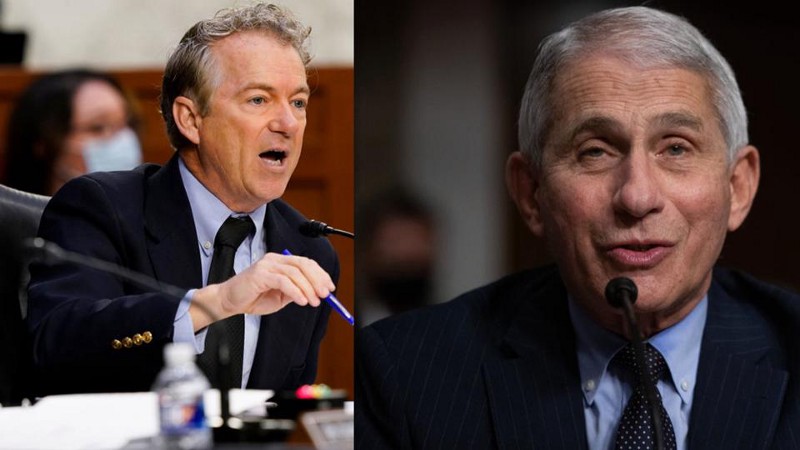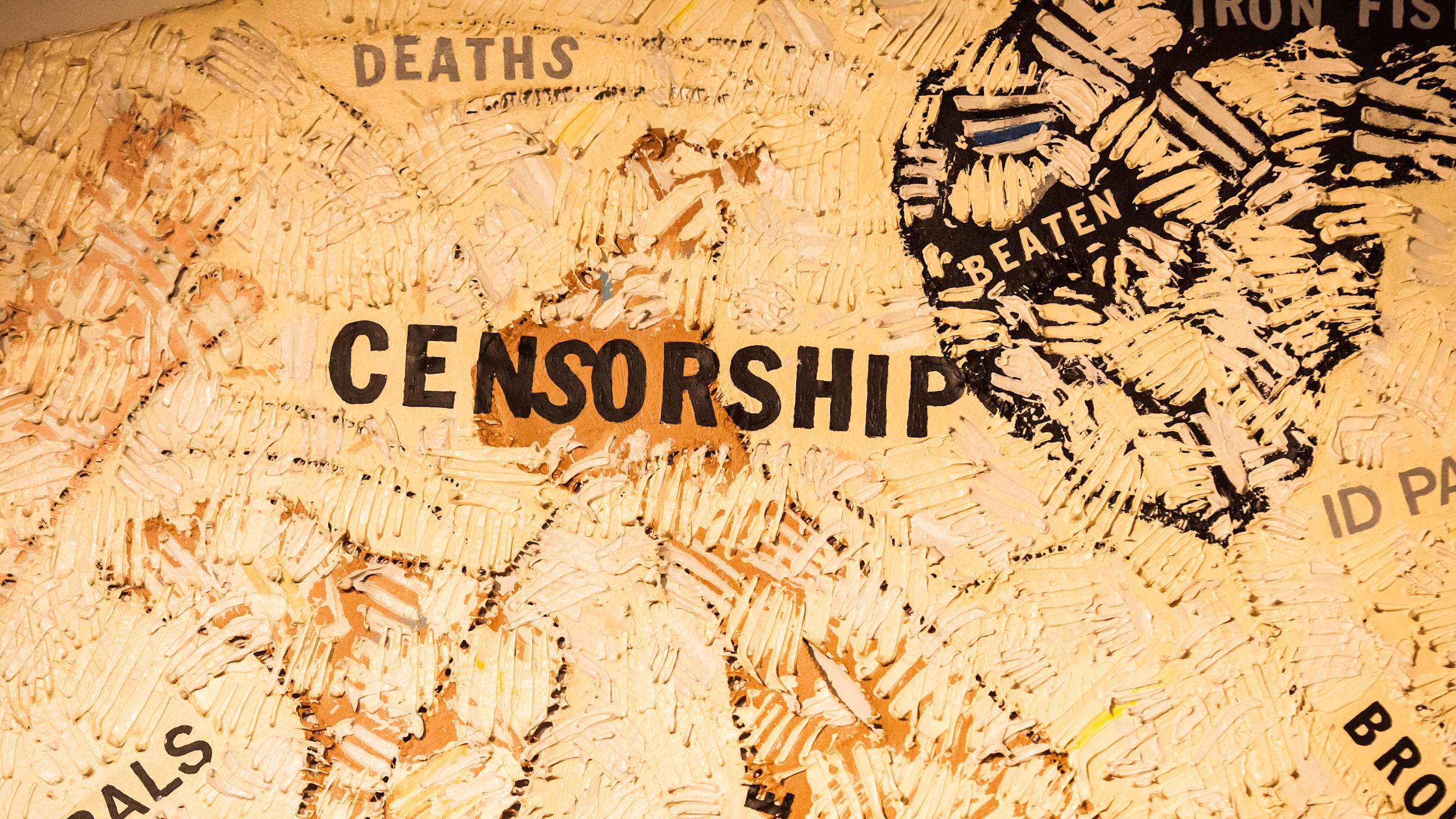We don’t live in small city-states anymore and so must craft a form of governance suited to a global order, says Michael Sandel.
Question: What do you see as the greatest challenge of the modern age?
Michael Sandel: My teaching and writing, taken together, are about the shape and condition of our public life; about the prospect of self-government under modern conditions; and about the challenges and obstacles that the project itself … faces in a global age. And I think that there are two primary obstacles. One of them has to do with the scale of the global economy. Going all the way back to Aristotle, political thinkers had often thought that effective self-government and citizenship has to have its roots in very particular places. In Aristotle’s case, that meant a … But we don’t live in small city states anymore. We live in a world where the economy is governed by global forces. And so the question is, can we devise institutions and practices of self-government that enable men and women to be effective citizens in a world where the …, between nations even, are eroding in significance? So that’s, I suppose, the biggest challenge.
And a second challenge is something that really is the power and the momentum behind markets and market-oriented ways of thinking. The specific project has always depended on finding … on finding ways of keeping markets in their place, in their proper sphere … which has to do with the buying, and selling, and trading of good and commodities. And in contemporary life, what we find is that markets are spilling over their traditional spheres and boundaries and invading other parts of life that are properly governed by their values. So one of the things I’m trying to think about is how we can develop public effort that can demarcate the proper bounds markets, which are great tools that, too often, come to be regarded as ends in and of themselves.
Recorded on: 6/12/07





